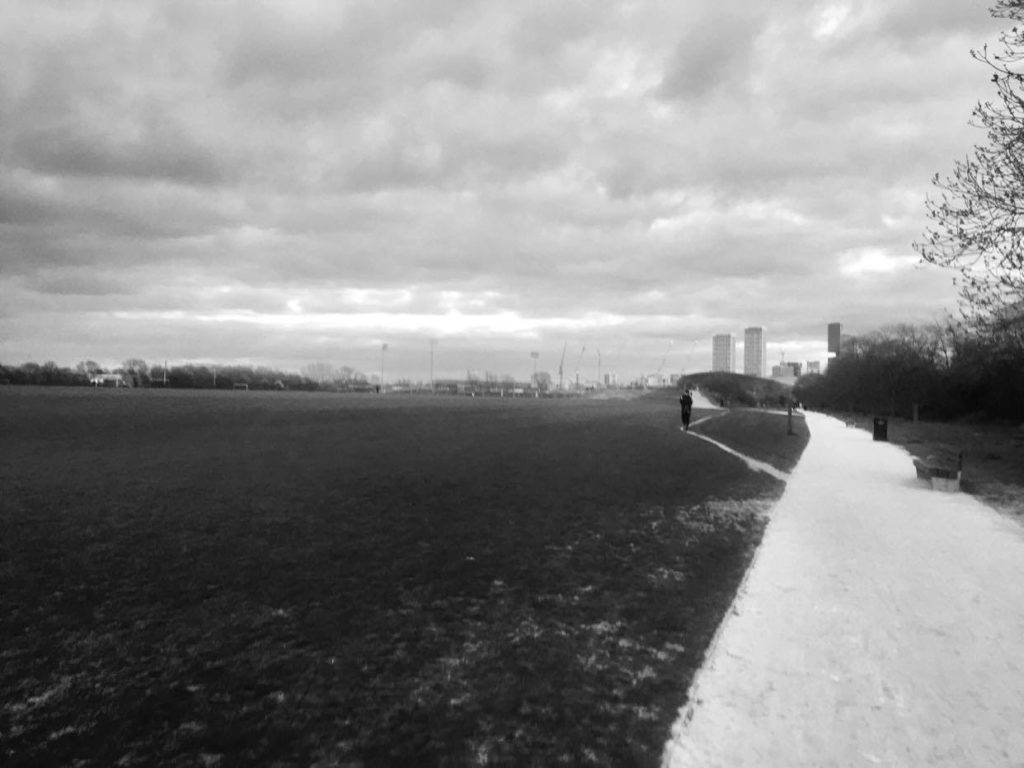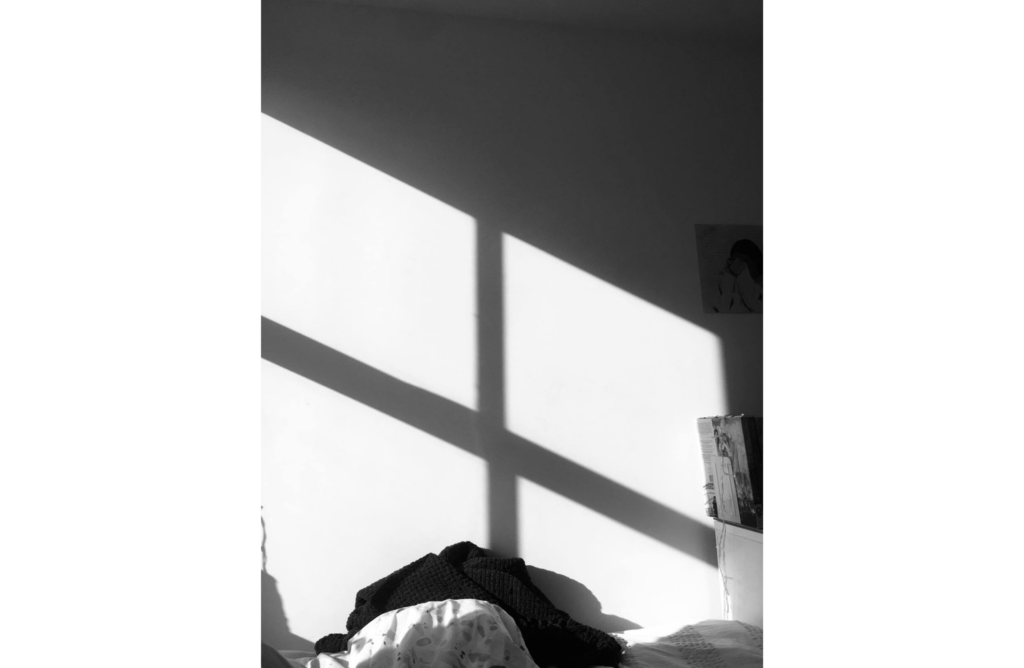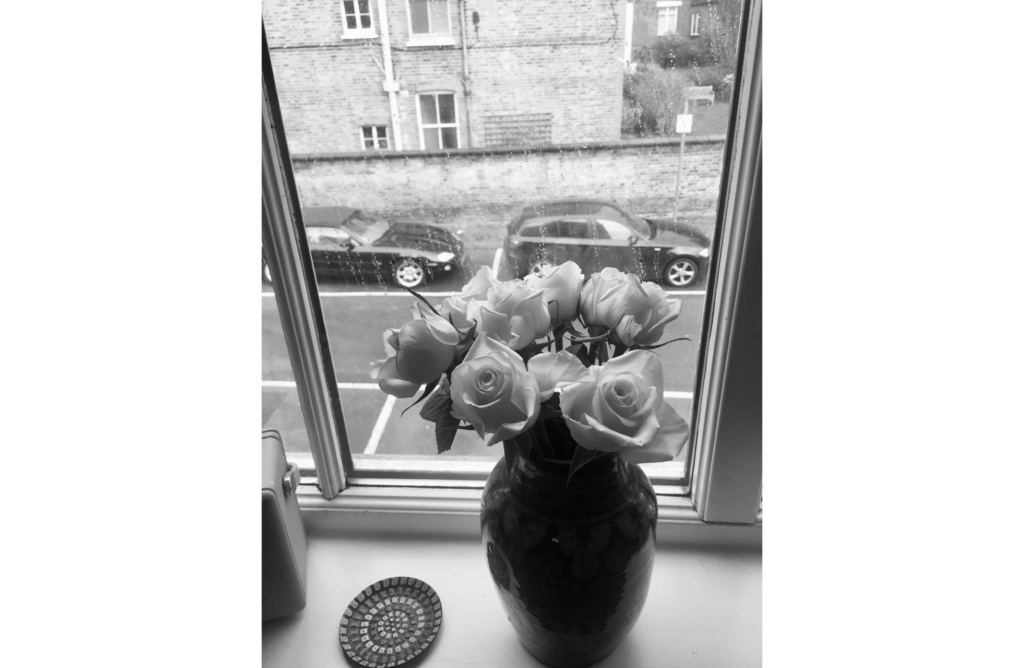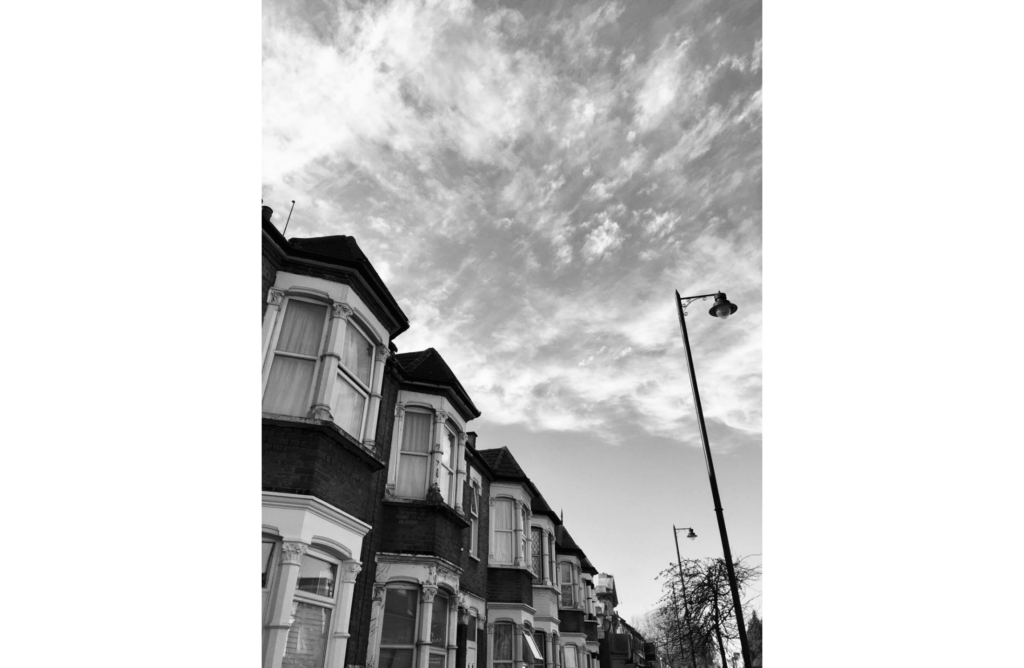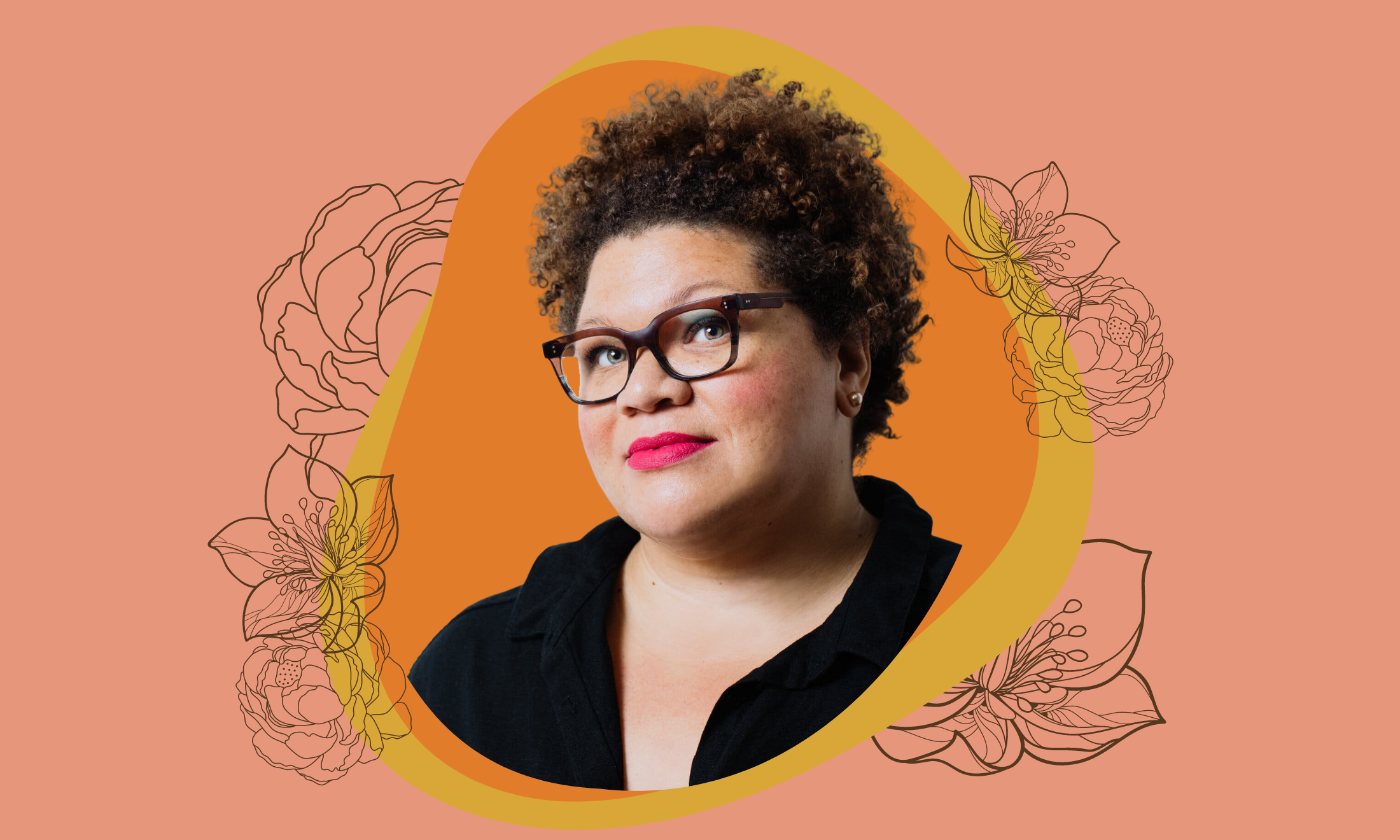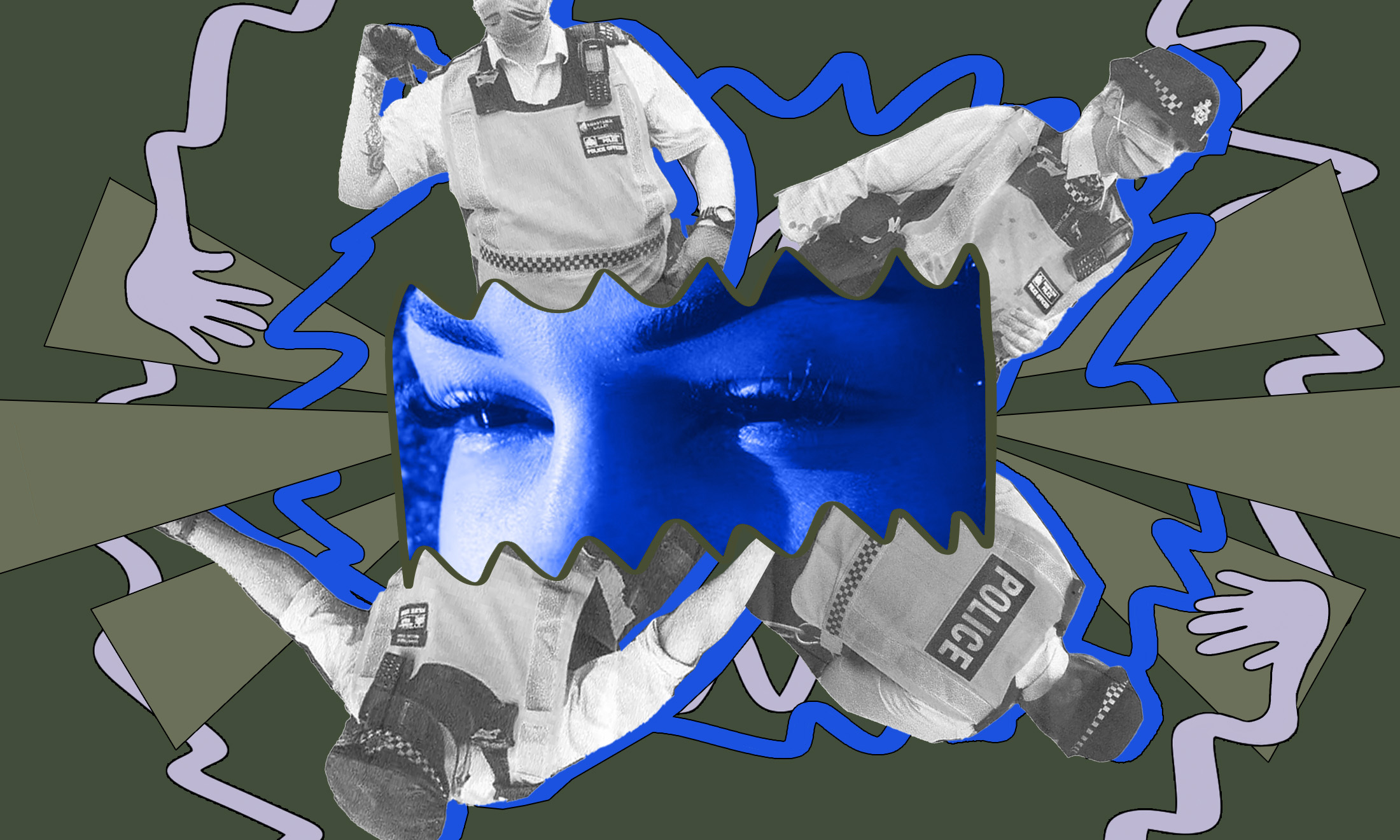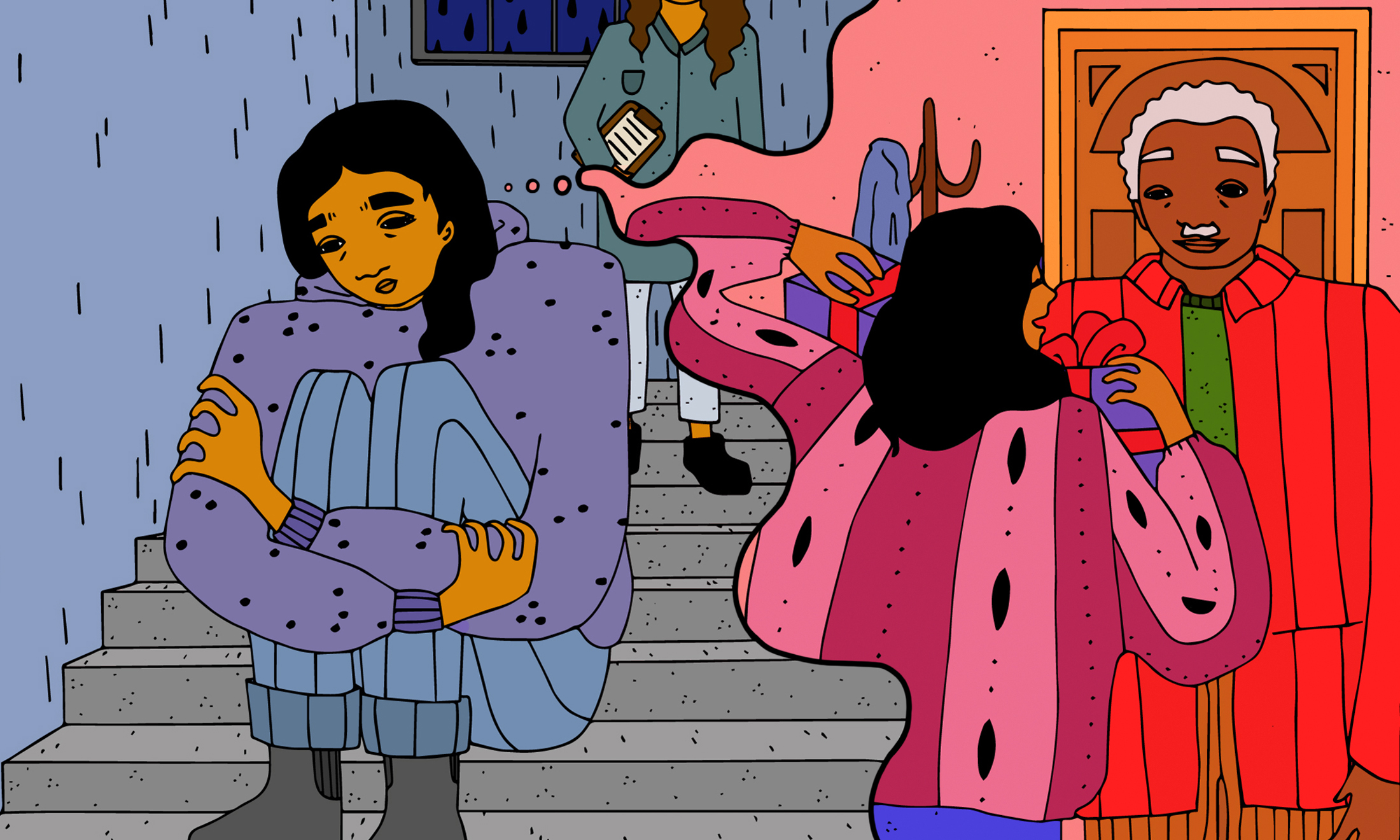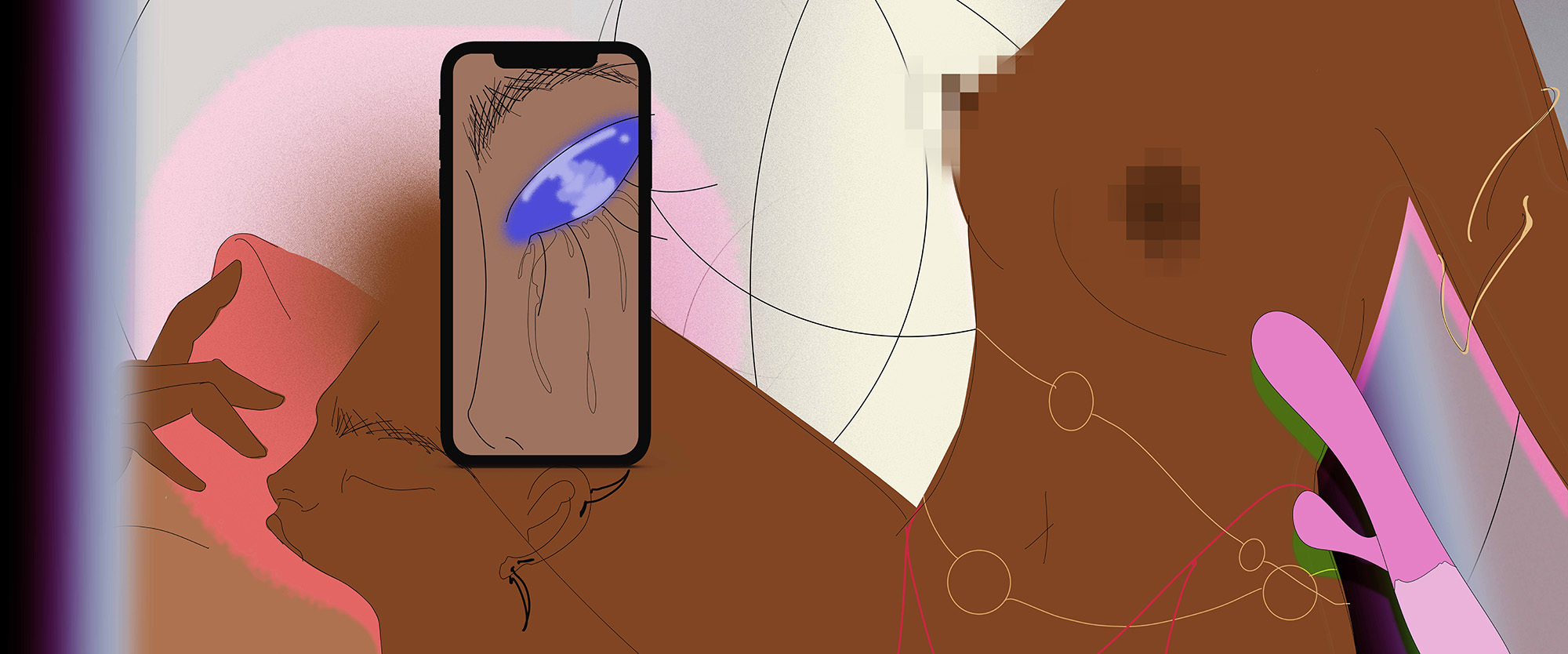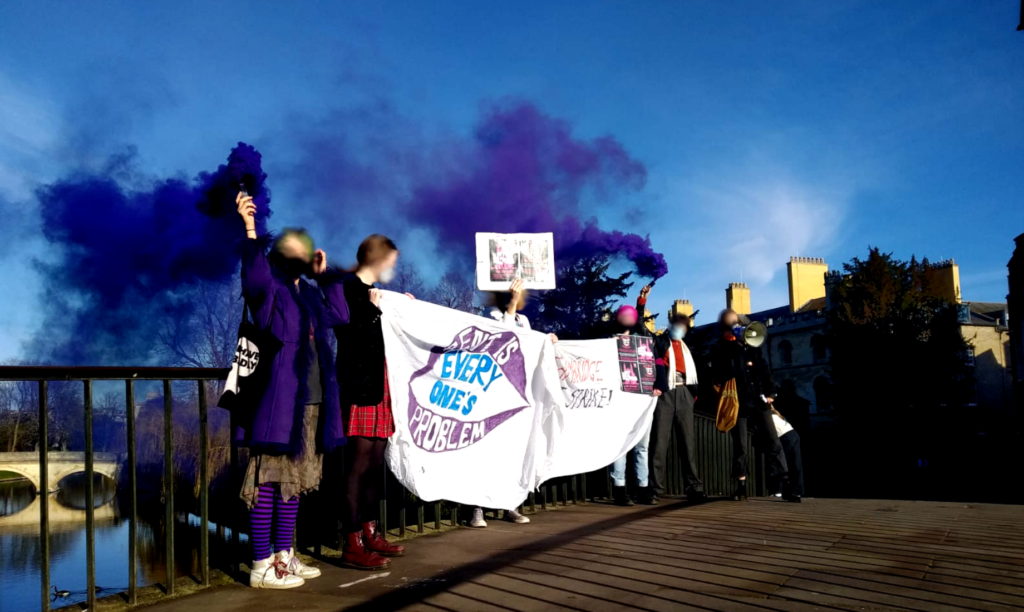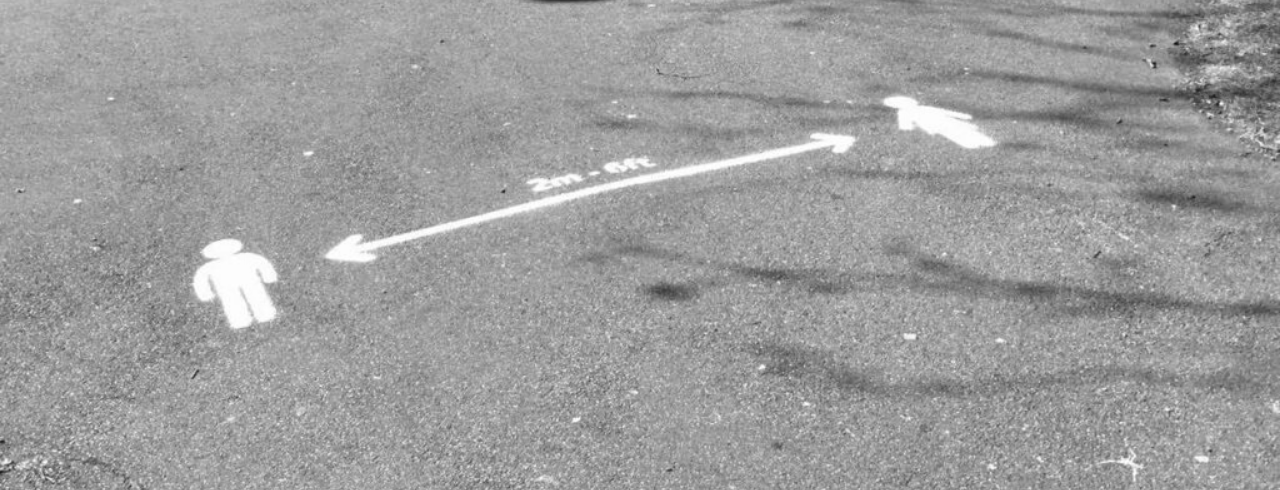
Social distancing guidelines spray painted on the ground in a Hackney park
Lockdown showed me how space can be political
Lockdown forces us to grapple with physical space in a way we haven't done for decades. We reflect on the social, political and philosophical implications.
Micha Frazer-Carroll
07 Apr 2020
After coronavirus broke out and many countries began to go into lockdown, CityMapper published data showing how busy cities had ground to a halt. Suddenly, for anyone who was not a key worker, the invisible daily map of our movements through space, was condensed to a number of square metres. People were no longer moving in the same ways. They were barely moving at all; locking their doors, slipping on their pyjamas and staying at home.
The fact that non-key workers have been told not to use public transport has made my world feel very small. Suddenly, my usual work commute from Hackney to Kings’ Cross feels unthinkable. My long Saturday nights, which might begin in north London, segue through east and end in south feel like a distant dream. Now, wherever we go, we will have to walk. My relationship with space has changed drastically.
In some ways, this makes everything feel slower – which seems significant seeing as the British (and later global) obsession with punctuality stems from the invention of the railways. Many of us no longer need to be on time to anything. These days I wake up slowly, drag myself out of the shower minutes before my working day starts, and my long, aimless daily walk feels like something to be savoured – maybe even without headphones. I feel more grounded in the space around me.
An hour long walk across Hackney Marshes
The intentions behind the architecture of our homes feels more obvious. In cities, many of us live in small spaces directly on top of each other. The tiny flat I live in isn’t quite a studio, but there’s not a lot of space. When it comes to isolation, there are two rooms available to rest, eat or work in. I can either go to my bedroom; or I can go to what we sometimes call “the room” – the only communal area, where the TV, sofa, washing machine, oven, dinner table and desk all live together. I’ve realised my home probably wasn’t built with the intention of its tenants spending all day inside – it was more likely designed as a base for eating and sleeping, that provided access to the lights of London.
“As my days become slow and still, I focus more on the minutiae of how my body occupies space”
And so, now that my physical parameters have shrunk, each inch of the space feels imbued with a greater possibility. A “big day” might constitute sitting up at the desk instead of on the sofa, or in bed. When I work at the dinner table, I might mix things up and sit on the chair facing the blank wall instead of the one facing the window. Some days, I work in bed, and notice how around 3pm I have to inch from the right-hand side of the bed to the left-hand one, as the sun blazes across the sky and into my eyeline. Engaging in this ritual essentially means acknowledging that the sunlight and its shadows now move faster than I do. As my days become slow and still, I focus more on the minutiae of how my body occupies space.
The morning light in my bedroom
In the past, the closest thing I have had to this experience is depression, where I still felt a sense of obligation to leave the house when I could. But now, stillness is mandated. I could spend all day in bed, and that seemingly would be the preferable thing to do, the responsible thing to do. Knowing that, even if we’re not feeling unwell, anyone could risk contracting the virus or passing it on to others makes staying indoors (for the majority of the population) socially important.
This experience might be new for me, but that’s not the case for everyone. During the crisis, disabled and chronically ill voices have largely been overlooked – even though for these groups, being homebound may be commonplace. Zipporah, an acquaintance who is chronically ill and immunocompromised, told me that for them, it felt like living in a snow globe; that your whole world may as well be just the property you live on. “Going out” might just mean going out onto the porch or into the yard.
This naturally creates a heightened awareness of the small things you can do to cater your physical environment to your needs. Whether it is a vase of flowers, postcards on the wall, moving the desk to the window or cleaning the glass itself, being in one small space may lead us to manipulate and control elements of our physical environments that we hadn’t always thought to before. Zipporah said that because their “outside” world is so tiny, they find ways to bring it into their “inside” world. For them, plants and open windows are a small reminder that we all live on land that’s anchored to a very large planet filled with life.
Putting small touches in my flat to make it feel more like home
Then there is the impact of spending most of your time in the domestic sphere – something that many workers under capitalism aren’t used to doing. There are the chores that people like myself previously found difficult to do because we barely spent any time in physical proximity to our homes – those that were always done as we were rushing out the door, or bleary-eyed before bed. In her essay How to Rest, chronically ill writer Millie Baylis explained how illness and being housebound made her relate to these tasks differently: “There are small joys…like taking white linen off the washing line – smelling and folding the sheets while they are still stiff.” When we spend most of our time at home,, things like laundry are no longer side-tasks, they are the task.
This new relationship to space, of course, has political potential. In their essay Sick Woman Theory, Johanna Hedva picks apart philosopher Hannah Arendt’s definition of the political – that is “any action that is performed in public” – and the way that that excludes anyone who cannot easily move through public spaces. That might be disabled people, or black people, who are disproportionately targeted by the police. Johanna interrogates this in a way that feels relevant to the current crisis: “How do you throw a brick through the window of a bank if you can’t get out of bed?” If politics only happened in “public”, it would be impossible for anyone isolating to participate – because our physical worlds have shrunk so small that they no longer overlap to make up the imaginary thing we call the “public” sphere.
“I became so used to hearing that ‘taking up space’ is a political act, but now I’m remembering that taking up less space can be political too”
But of course, what we are doing right now is explicitly political. Becoming small, retreating into these tiny spaces, physically manifests that feminist adage that the personal is political. Over the past few years I became so used to hearing that “taking up space” is a political act, but now I’m remembering that taking up less space can be political too. As Anne Boyer wrote: “we must begin to see the negative space as clearly as the positive”.
Beyond our houses, there is also local politics – the new shape and size of our worlds means we are naturally focusing more on our communities. Participation in mutual aid has drawn many people’s attention to the importance of finding out who shares your immediate physical space; that is, who lives in your building, or on your street, rather than simply thinking about who occupies faraway, purpose-built locations, like your office, or your favourite places to eat or go out. I know people who are getting to know their own housemates for the first time. By living smaller, we are being forced to look at the concerns right in front of us. We are reliant on each other; even Boris Johnson has admitted that, contrary to the words of Margaret Thatcher, there is such a thing as a society.
I hope people will continue to think differently about community, and about who shares their physical space
Of course, this isn’t the case for everyone. “Isolation” isn’t an option for many key workers who are still forced to go outside and risk their lives. But the images of quiet motorways, deserted city centres and goats coming down from the headlands, as well as that CityMapper data, have made me reflect on just how many people have downsized their worlds in a remarkably short period of time. Because of this virus we are, en masse, being forced to think about space and physicality in ways we haven’t before.
When we do this, we should not undervalue the experiences of disabled and chronically ill people, who non-disabled people have almost always overlooked. We should also reflect on what this experience of space teaches us about how to be political, both in private and in our communities. My hope is that by shrinking things down, there is an opportunity for us to expand the way we look at the world and how others experience it. When lockdown lifts, whenever that is, it is these ways of thinking, this increased awareness, that we should hold on to.

